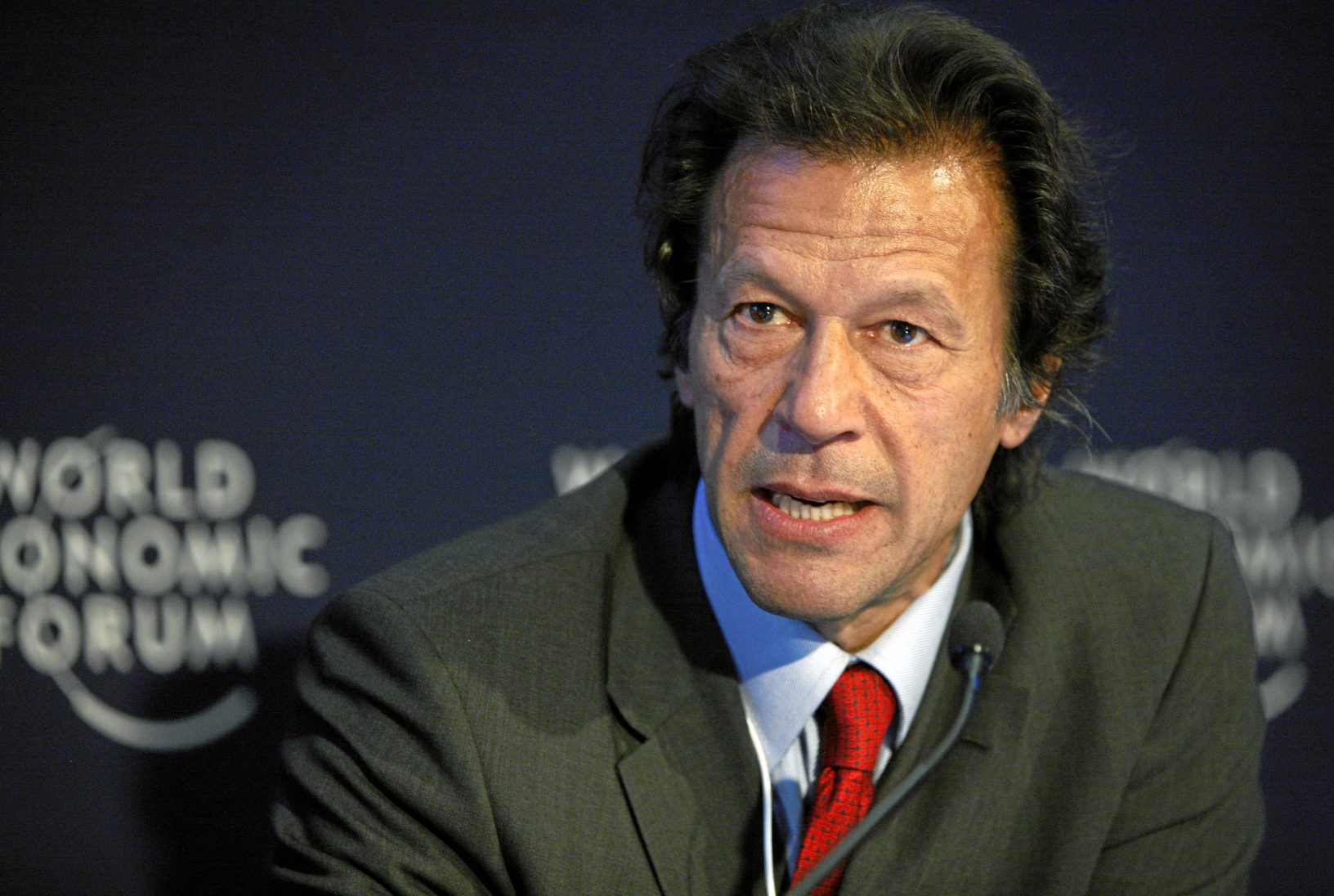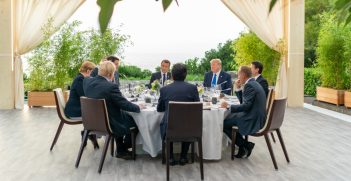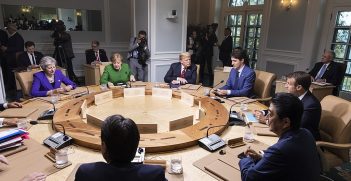Terrorist Financing: Pakistan Is Sort Of Off The Hook For The Moment

At this week’s meeting of the Paris-based Financial Action Task Force (FATF), which was established by the G-7 in 1989 to set measures for combating money laundering and terrorist financing, it was decided that Pakistan would remain on the “Grey List” and not be placed on the “Black List.”
Despite receiving a damning report card from FATF’s Asia Pacific Group which monitors Pakistan’s compliance in implementing measures agreed to in June 2018, when Pakistan was first put on the “Grey List,” Pakistan managed to avoid being put on the “Black List.” According to the report, Pakistan fully implemented only one of 40 measures it had to take to curb terrorist financing and money laundering. The remaining 39 measures were either only partially implemented or simply overlooked.
And as was the case during the June 2019 meeting, it was the support of China, Turkey and Malaysia which prevented Pakistan from being downgraded to the “Black List.” And while being on the “Grey List” is nothing to be proud of for any country, the fact that Islamabad managed to avoid a further downgrade is considered a win by PM Imran Khan’s government. That status will be reviewed at the next FATF meeting in February 2020.
Had Pakistan been put on the “Black List” it would have made doing business with Pakistan even more difficult and restrictions would probably have been imposed on international lending agencies, such as the IMF, the World Bank and the Asian Development Bank. And given the many, deep-seated economic challenges which Pakistan’s economy faces, this would have been bad news for the country. Put differently, foreign investors would be scared away and foreign loans even more difficult to raise. Only Iran and North Korea are on the “Black List” today.
But Pakistan was lucky. The rotating year-long presidency of FATF happened to be held by China, Pakistan’s close and long-standing geo-strategic ally. So despite India’s unrelenting attempts to have Pakistan placed on the “Black List,” it was always a foregone conclusion that Delhi would fail in its attempt to punish Islamabad. Moreover, it wasn’t in China’s interest to see Pakistan be put on the ‘Black List’. There are two reasons for that: first, Pakistan has borrowed US$6.7 billion of commercial loans from China which it has to pay back by June 2022; second, it could make it more difficult for Pakistan to originate new sovereign guarantees that lenders would require to begin working on projects linked to the China Pakistan Economic Corridor (CPEC). And certainly, President Xi wouldn’t want to see the completion of CPEC threatened in any way. This massive $60 billion project is the jewel in China’s Belt and Road Initiative crown.
Even a second informal summit in India between PM Modi and President Xi on the eve of the FATF meeting didn’t change China’s position on this issue. It was never going to.
In the last few months Pakistan authorities have cracked down on terrorism-affiliated individuals and organisations. It even arrested four leaders of the Lashkar-e-Taiba (LeT) last week. The LeT was responsible for the terrorist attack in Mumbai in 2008 which killed 166 people. However, more significantly, Hafiz Saeed, the leader of the LeT, who regularly goes in and out of protective custody, holds public rallies and fundraising events. The US Department of Treasury has designated Saeed as a Specially Designated Global Terrorist with a $10 million bounty on his head. Modi wants Saeed to face justice in India. Needless to say, this isn’t about to happen.
Another terrorist high on India’s most wanted list is Masood Azhar, the leader of the Jaish-e-Mohammad (JeM), who was added to the United Nation’s black list of individuals associated with terrorist activity on 1 May 2019. His organisation claimed responsibility for the suicide attack in Indian-held Kashmir in February 2019 which killed almost 50 security personnel. Azhar is allowed to move around Pakistan unhindered.
Alice Wells, Acting Assistant Secretary for the Bureau of South and Central Asian Affairs in the US State Department, has urged the Pakistan government to prosecute Saeed and Azhar. She believes — correctly — that this would help improve bilateral relations between India and Pakistan. However, this too will not happen soon.
Instead, relations between New Delhi and Islamabad have deteriorated since 5 August, when PM Modi decided to revoke the special autonomous status of Jammu and Kashmir (J&K) which was guaranteed in the constitution. Since then the people of J&K have been living effectively under a form of collective punishment, with mobile and internet access cut off, curfews imposed and various restrictions on the movement of people. Thousands of additional security personnel have been sent to the territory in what is already the most militarised zone in the world. Diplomatic relations between the two countries have been severed.
So by remaining off the “Black List” Pakistan can today claim a victory of sorts against India, especially given the massive diplomatic effort New Delhi has expanded to try to isolate Islamabad. However, how long will Pakistan be able to avoid the “Black List” is anyone’s guess. But the world’s patience will begin to wear thin, particularly if there is another terrorist attack against an Indian target by a Pakistan-based group. If this were to happen, I suspect, even China wouldn’t be able to protect its protégé.
Dr Claude Rakisits, who completed his PhD on Pakistan, is Honorary Associate Professor of Diplomacy at the Asia-Pacific College of Diplomacy, ANU. He has been following developments in South Asia for over 30 years. He tweets from @ClaudeRakisits
This article is published under a Creative Commons Licence and may be republished with attribution.





